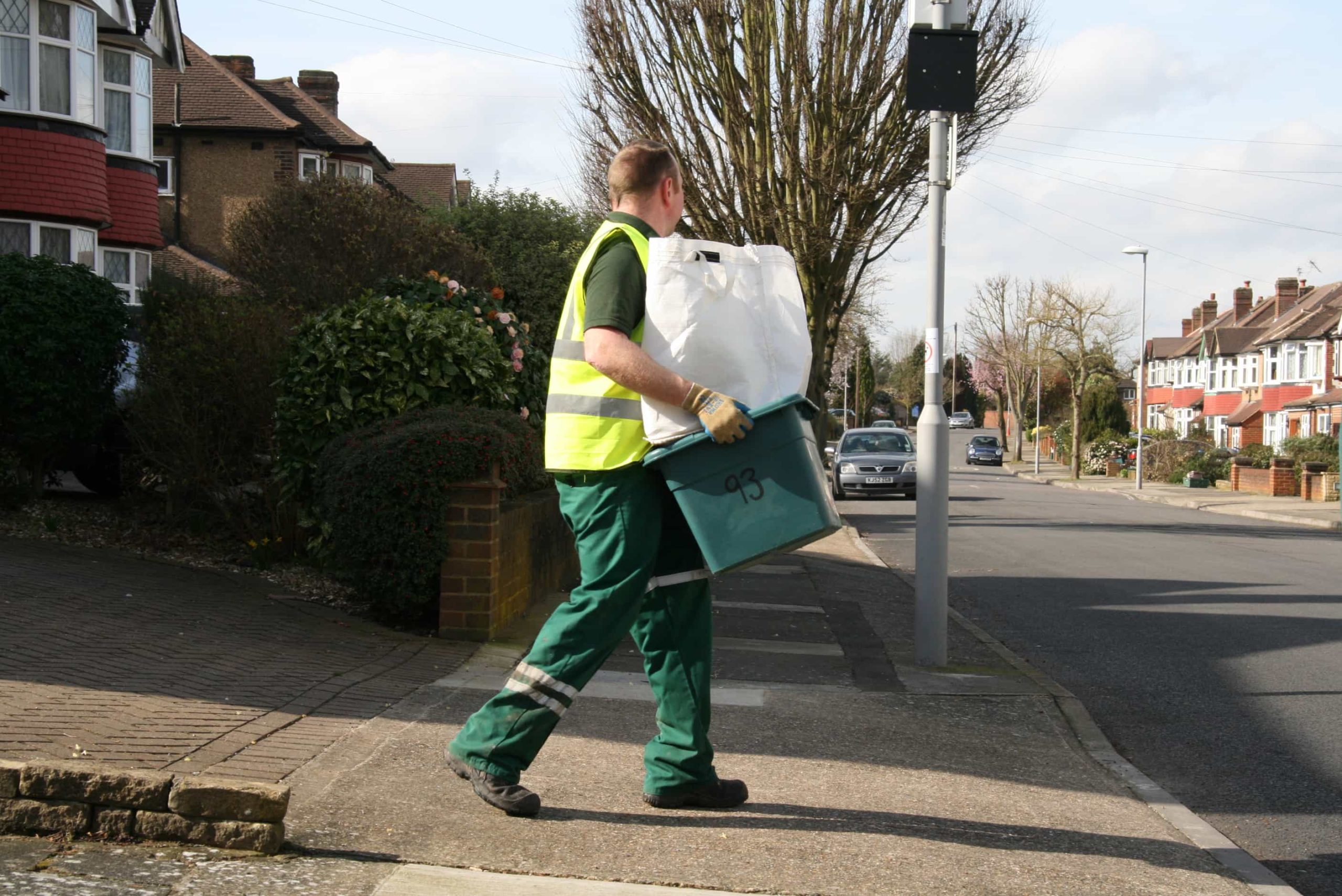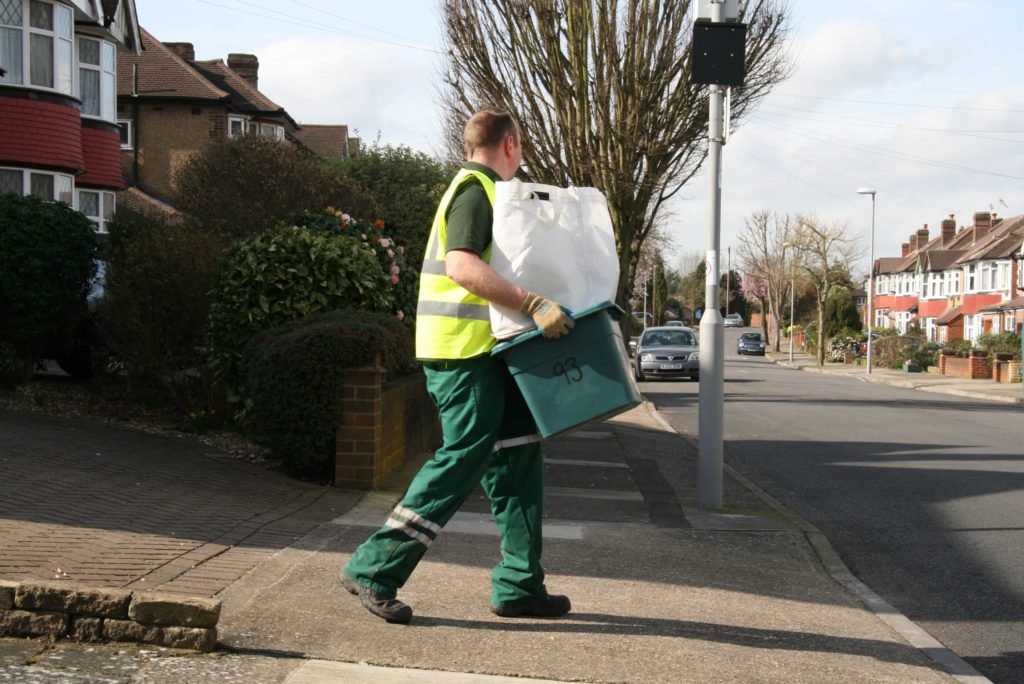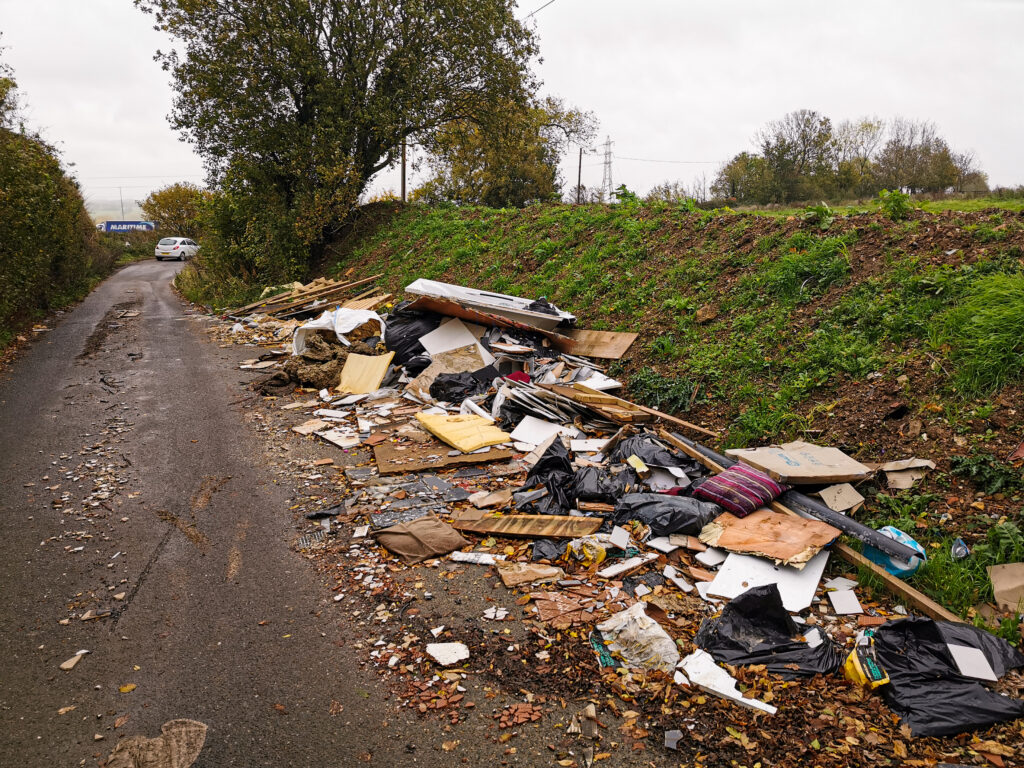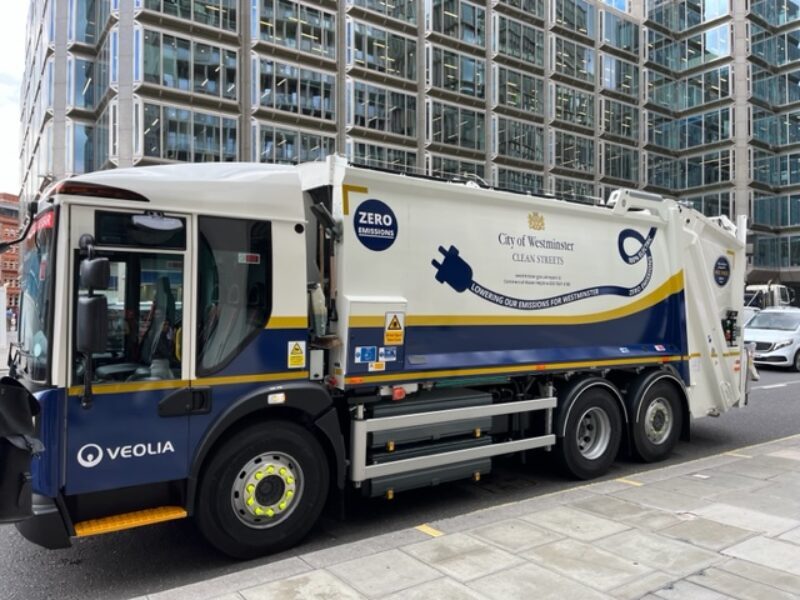From next month, residents in the South London borough will see rounds alternate between green box collections of cans, glass and mixed plastics one week, and new blue bin collections of paper and card the next.

Kingston will retain green box collections for plastic, glass and cans and introduce a new wheeled bin for paper, card and cardboard. The new service starts on 15 February.
It is hoped that the changes will help save the council around £4.2 million over the next seven years.
The wheeled blue bins, which will replace the current bags for card, are being rolled out at an estimated cost of £120,000 to reduce the need to sort recyclables at the kerbside and protect paper and card from the rain, according to the council.
Food waste and refuse will meanwhile continue to be collected weekly and fortnightly respectively.
The changes come as part of a renegotiation with waste contractor Veolia, which until now has collected all dry recyclables in the borough on a weekly basis.
Crayford
The recyclables are sent to Viridor’s Crayford materials recycling facility or the Erith paper MRF in Kent, or directly to reprocessors.
Last year, then lead councillor for environment and transport David Cunningham told letsrecycle.com that collection crews in Kingston were at risk from ‘manually handling’ the paper and card containers (see letsrecycle.com story).
Critics of the new scheme have argued the drop in collection frequency could see a drop in Kingston’s overall recycling rate. The borough achieved the fourth highest rate in London in 2014/15 with 45.7%.
But council leader Kevin Davis suggests the changes will boost Kingston’s rate closer to 50%, with the reduced emphasis on kerbside sorting meaning recyclables will be collected faster with a smaller collection fleet.
He said: “I am delighted to announce the introduction of the new wheelie bin. Over time it will help us move closer to a 50% recycling rate – a rate that already stands at an impressive 45 per cent. It also means savings of £4.2 million under the new seven year contract – money that can be better spent protecting vital front-line services.
“The new service also removes the need for kerbside sorting, meaning we can collect recycling faster and more efficiently and reduce our fleet of collection vehicles. As well as reducing the cost of the service, this will lessen the environmental impact and help alleviate morning rush-hour traffic.”










Subscribe for free